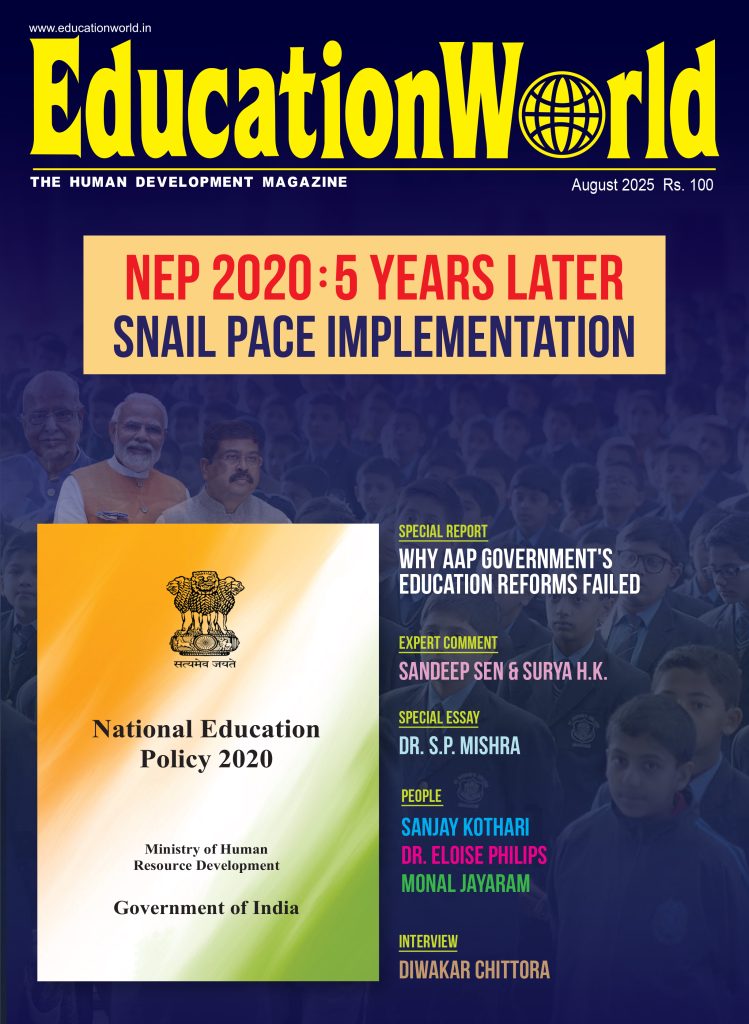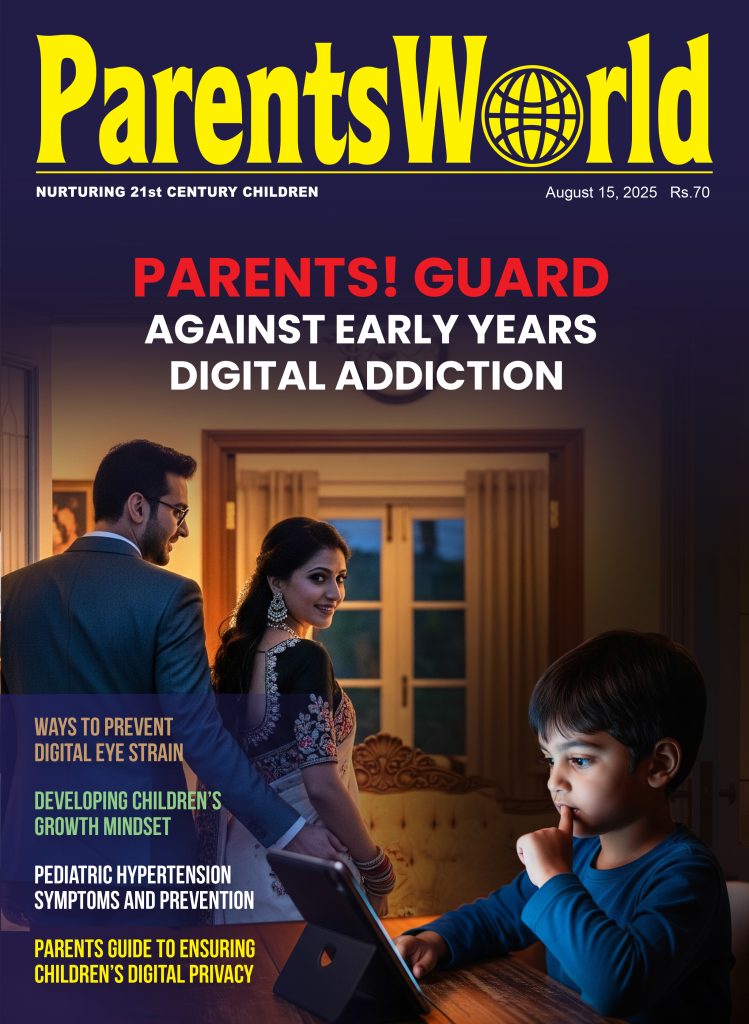Middle East: Growing commitment to education philanthropy
Universities have been advised to look to the Middle East to boost their coffers as wealthy Arabs are increasingly keen to support higher education worldwide. A growing population and a cultural commitment to philanthropy mean that the Middle East is now one of the most fertile lands for fundraising, delegates at the Council for the Advancement and Support of Education Europe conference in Glasgow heard in early September.Speaking at a session entitled ‘The Wealth Pendulum Swings East, Stephen Jeffrey, vice-president for development and external relations at the American University of Beirut, said higher education was a strong part of the history of the Middle East. Oil and conflict are not the only things we have in the Middle East. We have a population thats growing by leaps and bounds, and one that is increasingly interested in education and philanthropy. The Arab world (comprises) about 320 million people at this point. About 50 percent of them are under 25 and the population is expected to more than treble in the next 20 years, he said.
Potential donors in the region are also motivated by zakat, one of the five pillars of Islam, which requires the faithful to donate 2.5 percent of their annual income to charitable causes. Even businesses are increasingly interested in donating. Philanthropy is on the rise, says Jeffrey. Some (businesses) are giving away large sums of money and thats an important step.
David Jeu, former director of global development at the University of Alberta, said the institution had experienced great success with corporations within Saudi Arabia. But he also warned of cultural problems that could halt progress when gathering gifts. Alberta sent a high-level delegation to meet a major donor in Saudi but struggled as the senior female members of the team could not take part in any discussions about money. He warned that such a situation could cause a public relations problem, but added: The situation and the values in that part of the world are what they are.
(Excerpted and adapted from Times Higher Education)

















Add comment